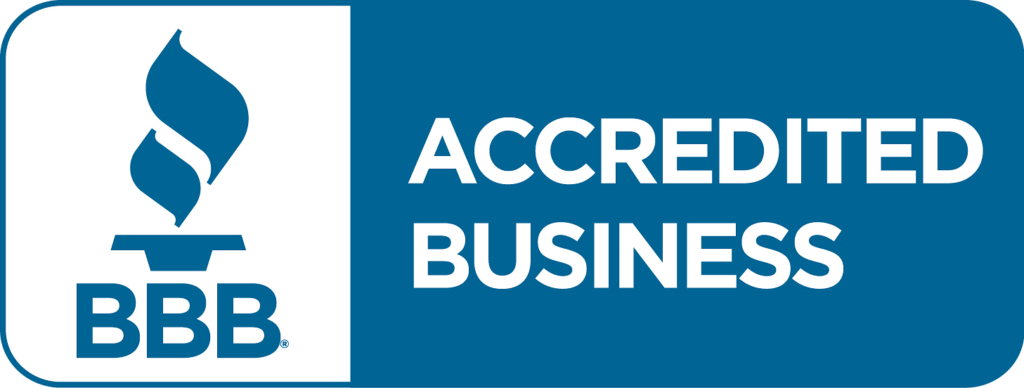Why get a patent is a significant question my clients ask me. Here, I discuss how patents can assist you in protecting your invention and business. There are many reasons why getting a patent for your invention may be worthwhile. Of course, profit is one of the most common motives behind getting a patent. In addition, another incentive for anyone to get a patent can be to prevent others from stealing your hard work, which you accomplished over a long time, and spending lots of your resources. For example, suppose an inventor’s idea becomes lucrative, and someone else uses it without permission or files a patent application on the same or a similar invention. The inventor will have a significant financial loss. Below, I detail why getting a patent is helpful for any business.
Why Get a Patent
- Getting patents provides the patent owner, the patentee, exclusive rights to exclude others. If you get a patent, you have the sole right to make, use, sell, and import the patented product. So you, as a patentee, can stop others from making, using, selling, and importing your invention.
- Getting a patent gives you a limited-time monopoly. Patents grant you a right for 20 years from the first patent filing date to make, use, sell, and import your invention exclusively. This monopolistic right encourages inventors to spend their time and efforts to create and bring new ideas to the market.
- You will have infringement rights if you get a patent. Infringement rights assist you in ceasing and deist others from selling your invention. Therefore, if another violates your patent rights, you have a right to recover lost profits or be rewarded reasonable royalty damages by the courts.
- Getting a patent will assist you with little or no advertising and competing with others. Since the patentee can stop competitors from selling the product, marketing to compete with others is not required. But you may need to increase your product awareness through marketing. This protection from competitors can increase profits without the need for additional marketing.
- Your gotten patent can be sold or licensed. You can use the patent to make a profit by selling it, licensing it, or using it as an asset when negotiating for investments. Your patent can be sold or licensed to help boost your company’s profits. You can use it as a security when negotiating with investors. Patents are tangible assets similar to real estate property and other physical assets. Thus, patents can provide small business and startup companies a much-needed advantage during merger talks, acquisitions, company sales, etc.

You can get one or more patent types: utility, design, and plant. Utility Patent is the most common type in America, covering inventions that provide a useful function, such as medical devices, diagnostics, composition, biotechnology, etc. A utility patent can be provisional or non-provisional. In contrast, Design Patents cover new ornamental designs on a manufactured article. Finally, a Plant Patent applies when a unique and new plant is created and can be asexually reproduced. Read more about utility and design patents here.
Conclusion
The risk of not getting a good-quality patent is too high. We help innovators protect their inventions from theft by other scientists and inventors. If you have an innovative new product that needs to be patented, get in touch with Dr. Malik for legal advice on how best to protect it. Did you know that developing a clear patent portfolio and strategy is best for the best innovation protection and value? We can assist you in preparing an intellectual property patent strategic portfolio at an affordable budget. We offer services that cover the entire process for provisional and nonprovisional patent applications. Contact us for an initial free consultation if you want to get a patent.

